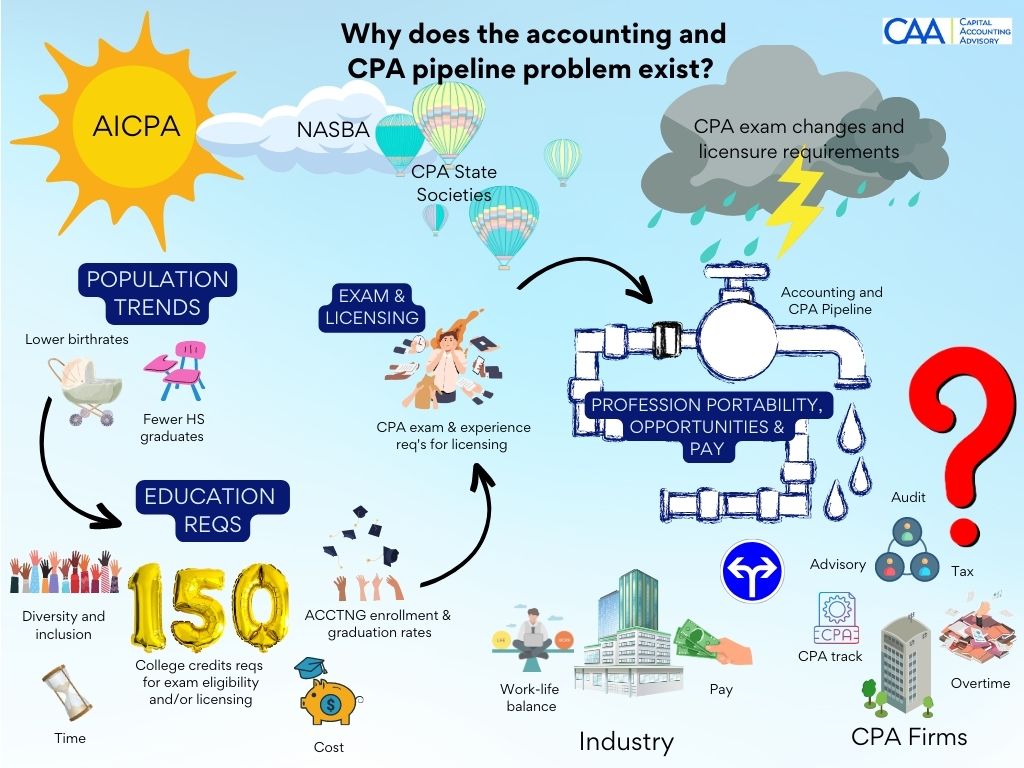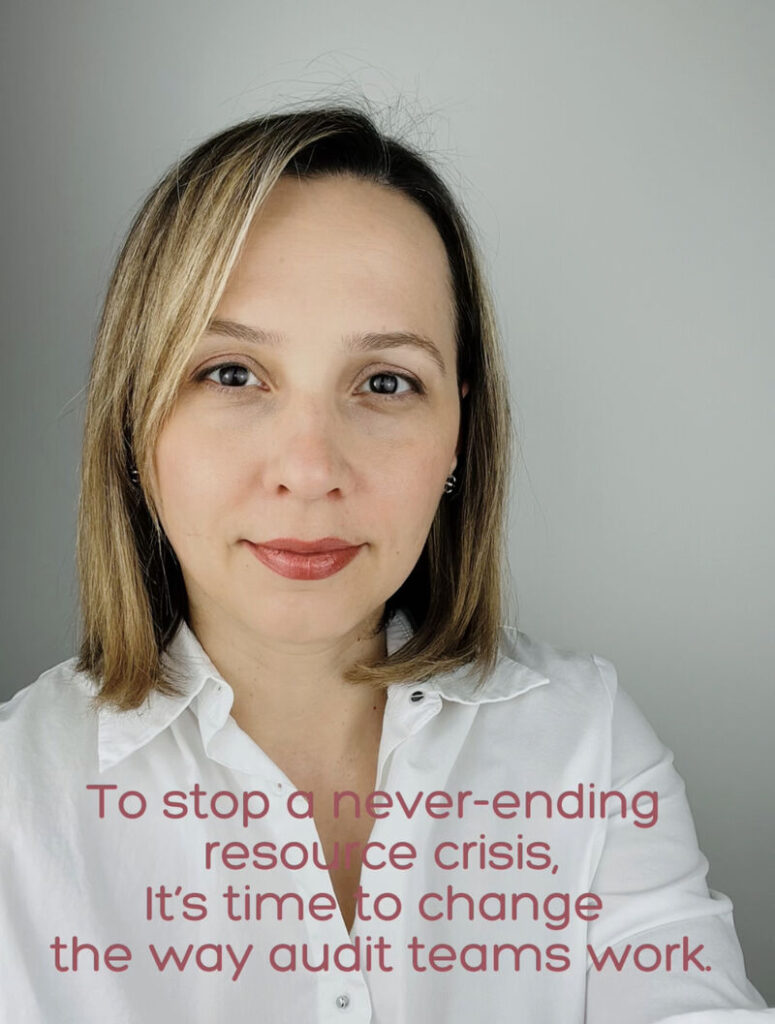
Innovation is a buzzword that has been thrown around in the business world for years. We think we know what innovation is. Companies think that they know as well. State-of-the-art innovation centers are created, and innovation committees are established, however not every company can call their innovation efforts a success.
Why is that?
Innovation happens when people reach an internal consensus between their minds and souls. It happens in environments where high morale and dedication to the organization’s vision and mission prevail. Unfortunately, this internal consensus cannot be created by reduction of remote work benefits or additional monetary and other rewards. It has to happen organically, as part of the organization’s culture. This means that leaders need to foster a culture of collaboration, trust, and openness. They need to create an environment where employees feel comfortable sharing their ideas and are encouraged to think outside the box.
Innovation is a key driver of growth, progress, and success in modern organizations. However, many innovation committees and teams find themselves stuck in a rut, unable to generate truly creative and transformative ideas. One of the main reasons for this is that we often approach innovation with a narrow, risk-averse mindset. We try to fit our ideas into pre-existing boxes, constrained by budgets, policies, and other regulatory factors.
To truly innovate and think outside of the box, we need to cultivate a different mindset. Instead of immediately judging new ideas based on their feasibility, we should allow them to exist in their own right, giving them the space to develop and grow. This means embracing a mindset of experimentation, iteration, and risk-taking. It means being willing to challenge our assumptions, break down barriers, and explore new possibilities.
Reducing remote work benefits in the name of innovation will unlikely generate the desired results. The ability to work remotely is a highly valued benefit for many employees and taking it away could lead to a decrease in employee satisfaction.
Innovation is not necessarily a result of physical proximity. Instead, it is driven by a positive workplace culture that encourages new ideas and experimentation. Removing remote work benefits could send the message that the company is not supportive of work-life balance, which could negatively impact morale and hinder innovation. Building a culture of innovation requires a focus on removing barriers that stand in the way of new ideas, rather than reducing benefits.
Natalya Yashina
Founder and CEO




